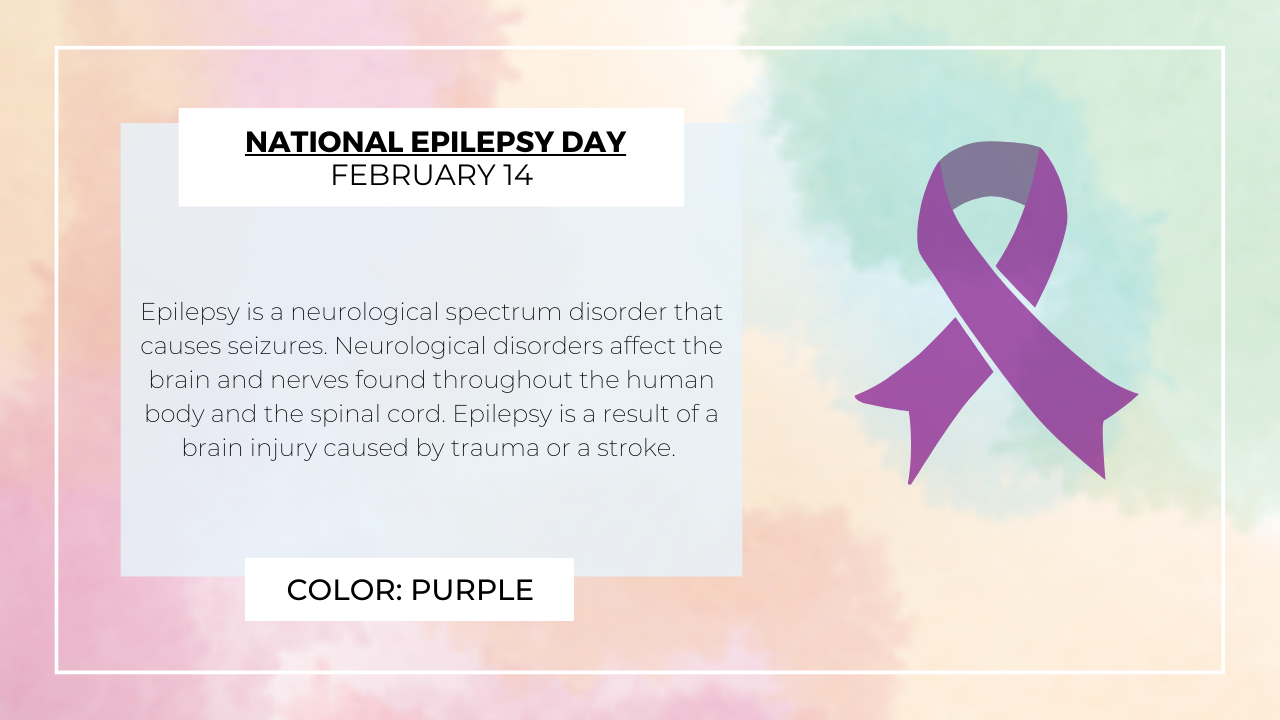Planning for pregnancy
Epilepsy is the most common neurological disorder in obstetrics. Typically women are on medication to help control the seizures. The medications that the woman may need are complex for gynecologist and obstetrics care potentially because there may be a constant need to change medication to protect you and the baby. There’s a balance of controlling the seizures through medication without reducing or stopping medication to the point where the woman is prone to more seizures.
This same balance of medication is important as it relates to contraception. A reliable contraception is so important for a woman who has epilepsy. However, some contraceptions and drugs affect the metabolism of folate and folic acid. Folate and folic acid is very critical to the development of the fetus. Folate and folic acid are important for pregnancy because they can help prevent birth defects known as neural tube defect/spina bifida. Spina bifida is one of the most common birth defects. It occurs in the first weeks of pregnancy, when the brain and spinal cord are forming. With or without epilepsy, this is why it is so important for women to take prenatal vitamins prior to pregnancy. In a lot of pregnancies, most women do not realize they are pregnant until the end of the first month or during the second month. Prenatal vitamins are highly recommended, but not required. Healthy eating practices with foods that are high in folate is better. I recommend eating these foods, along with taking prenatal vitamins.
When you get pregnant
It’s important to consult with your provider as soon as possible to seek medication that is safe and less problematic for pregnancy. You want to be in more control of your seizures while you’re pregnant because exposure to seizures is dangerous for you and your baby. The baby is prone to becoming affected to hypoxemia. Hypoxemia is a low-level of oxygen in the blood.
more to come in February



